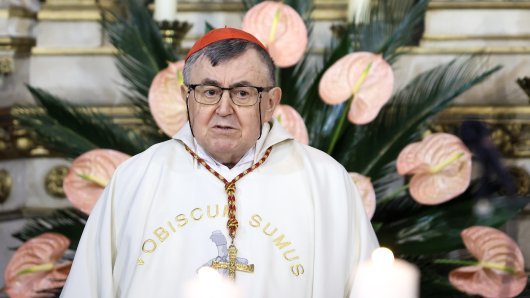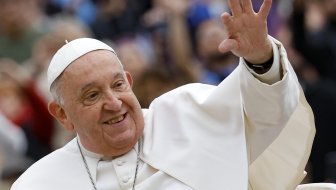Lithuania became the first of the three Baltic states to take over the six-month rotating presidency of the Council of the European Union on Monday, July 1.
The central event of Lithuania's EU presidency will be the Eastern Partnership Summit, scheduled to be held in Vilnius on 28 and 29 November. The summit will be attended by Ukraine, Belarus, Armenia, Azerbaijan and Georgia.
Three priorities of the Lithuanian presidency are "credible Europe, growing Europe and open Europe."
Lithuania is one of the most successful countries to overcome an economic and financial crisis and return to sustained recovery and growth. The countries is taking over the presidency at the time of the expansion of the EU to 28 member states when Croatia joins the club.
Lithuania's will have to focus on the 2014-2020 EU budget, setting up a banking union, strengthening fiscal discipline, creating a unified energy market, a digital market and fight unemployment, notably youth unemployment.
The country also wants to make progress concerning EU enlargement to include turkey and western Balkan countries and deal with trade negotiations with the United States and Japan.
The state, which became a member of the EU in 2004, having thrown off the shackles of Soviet occupation in 1990, has a population of fewer than three million. It takes over the presidency from Ireland.

































